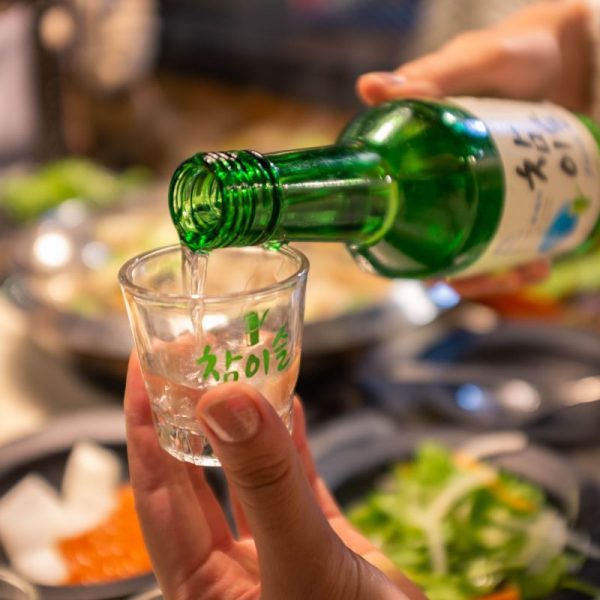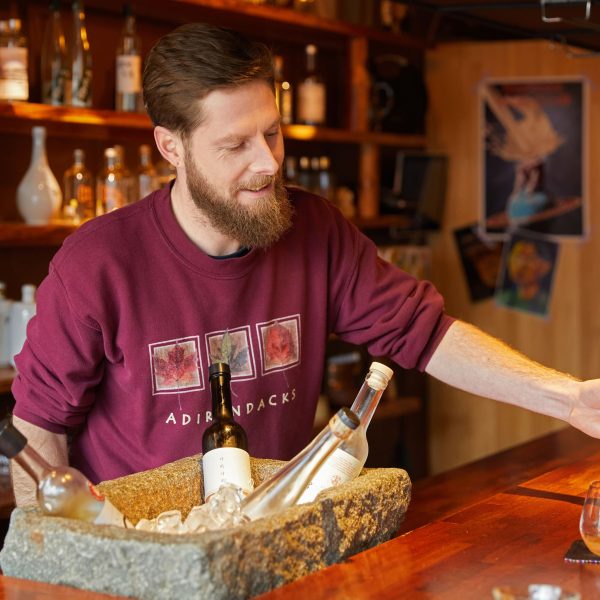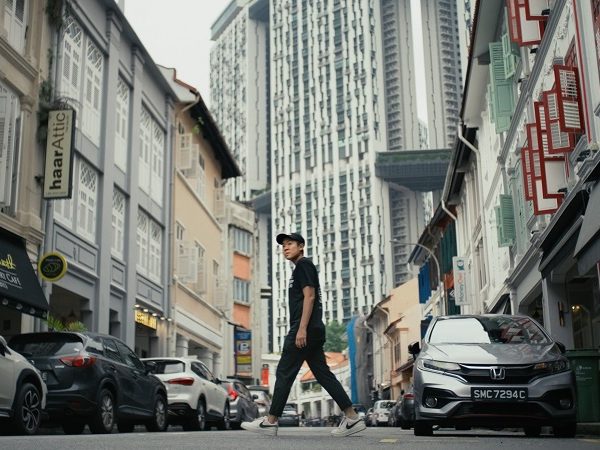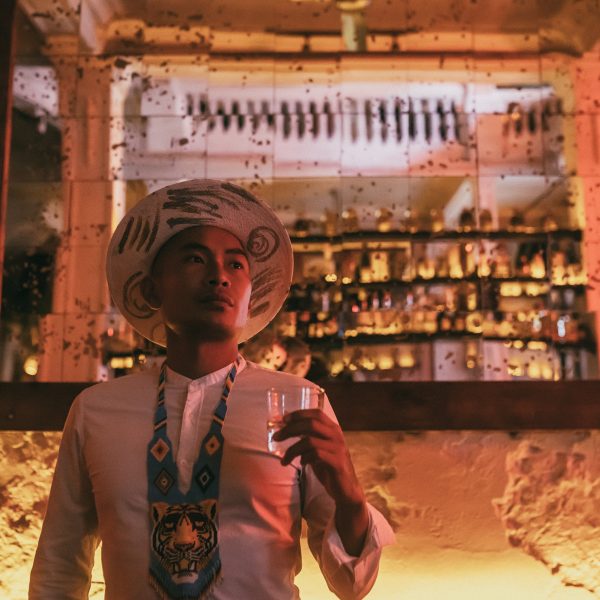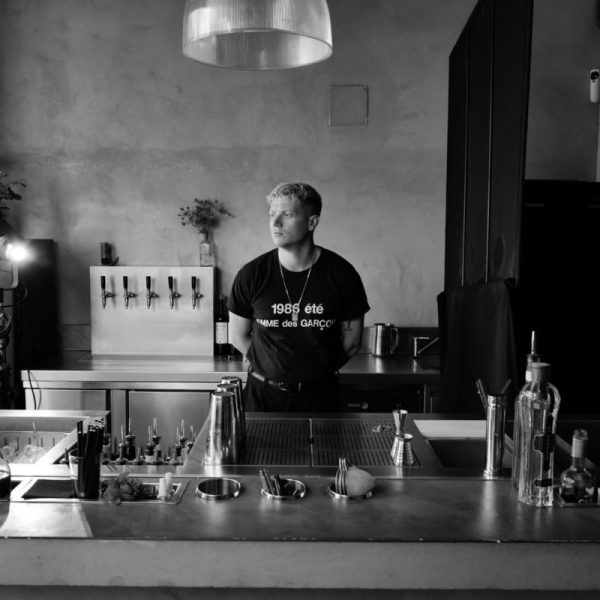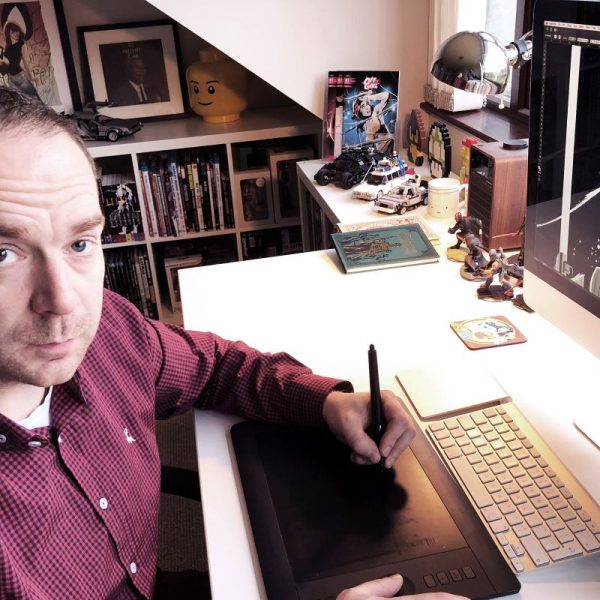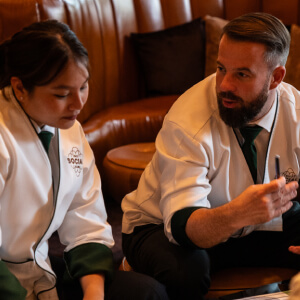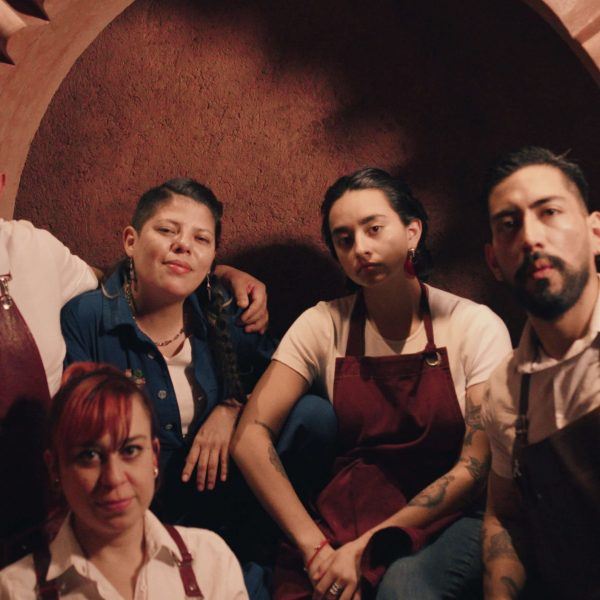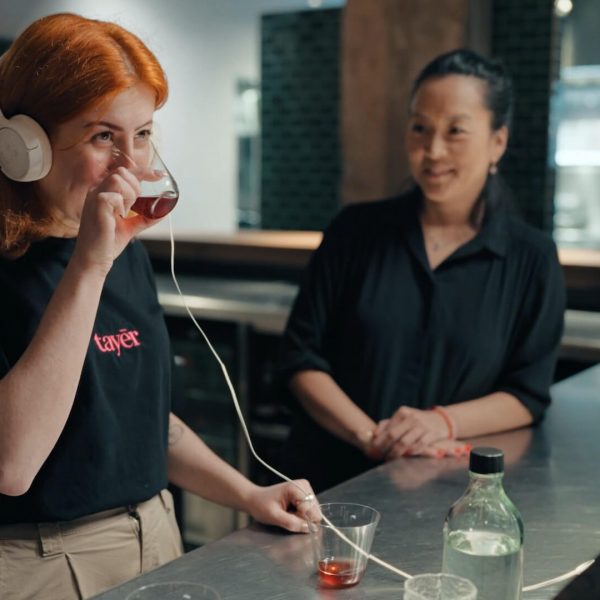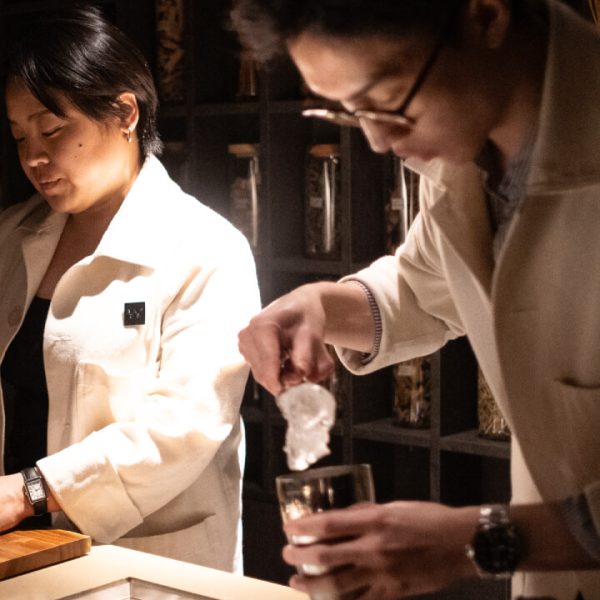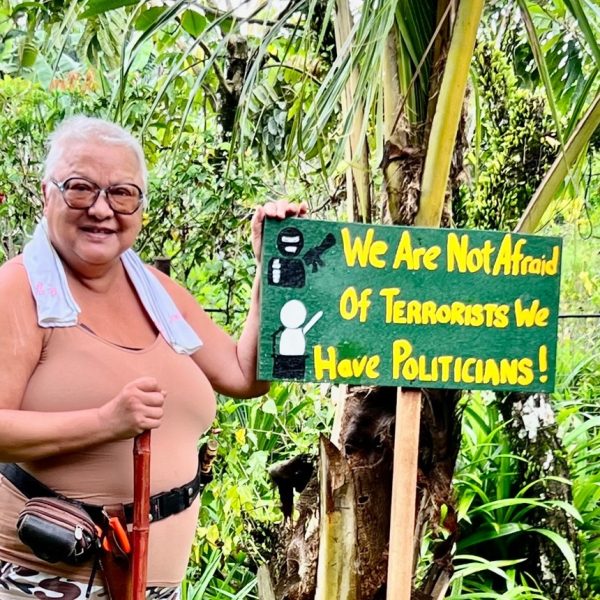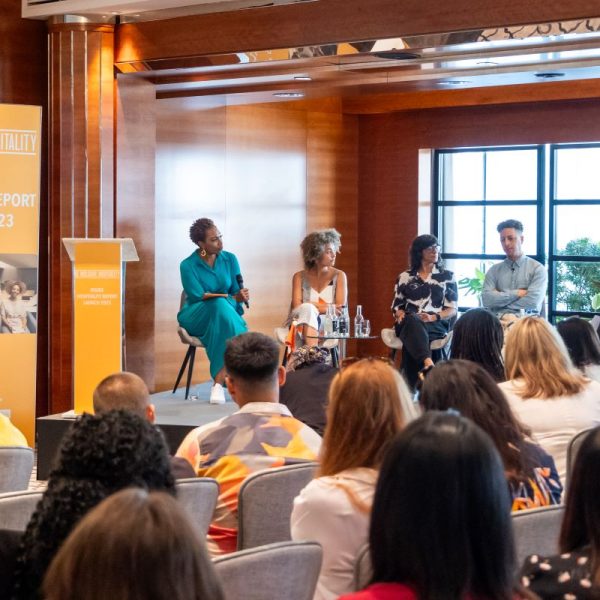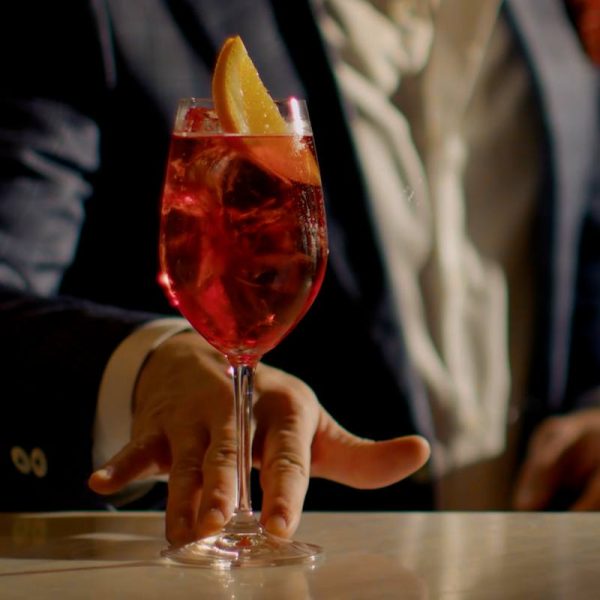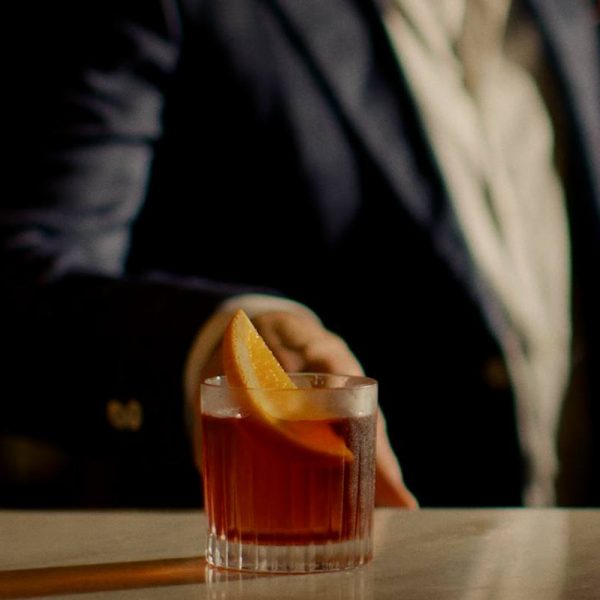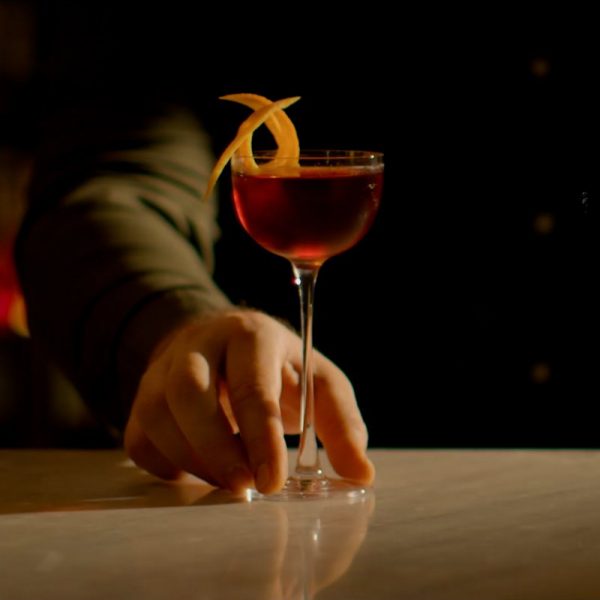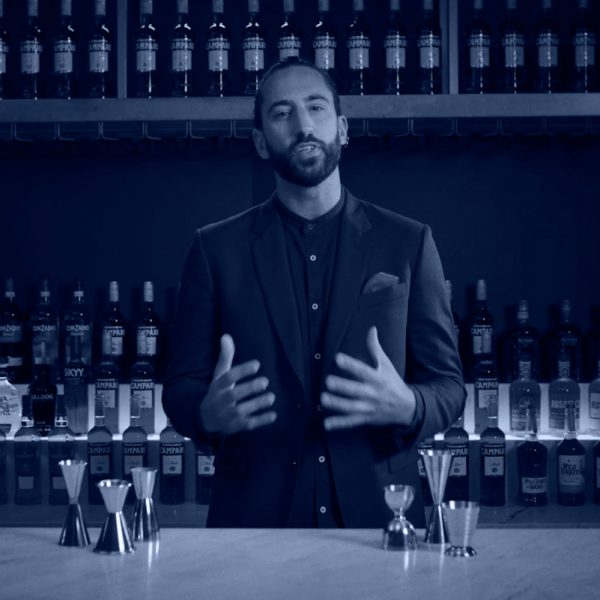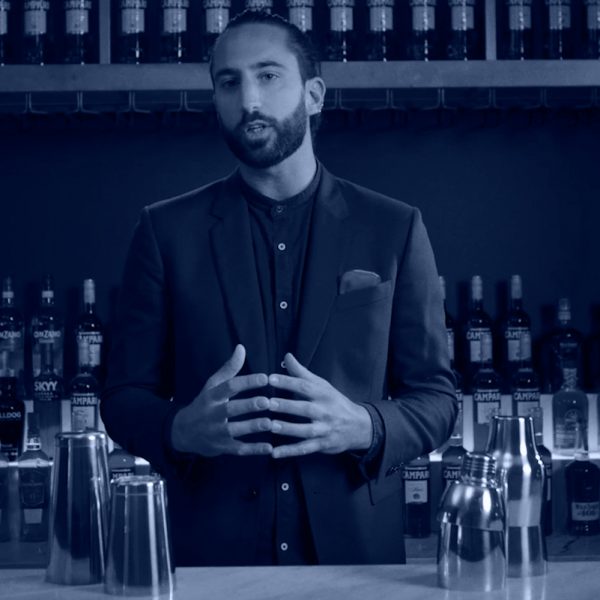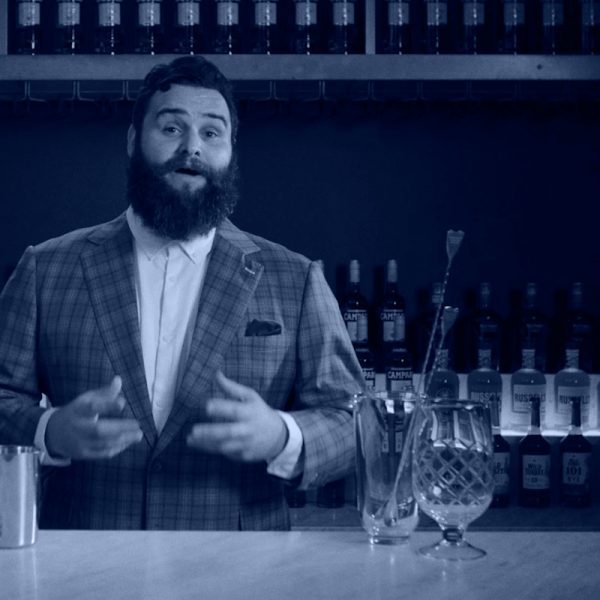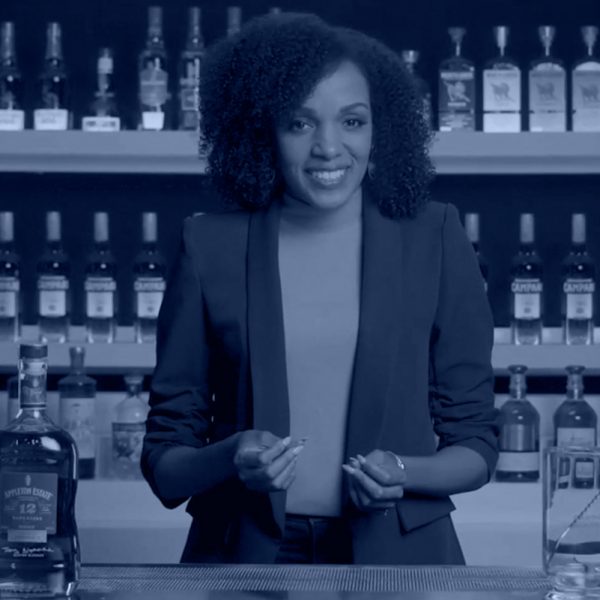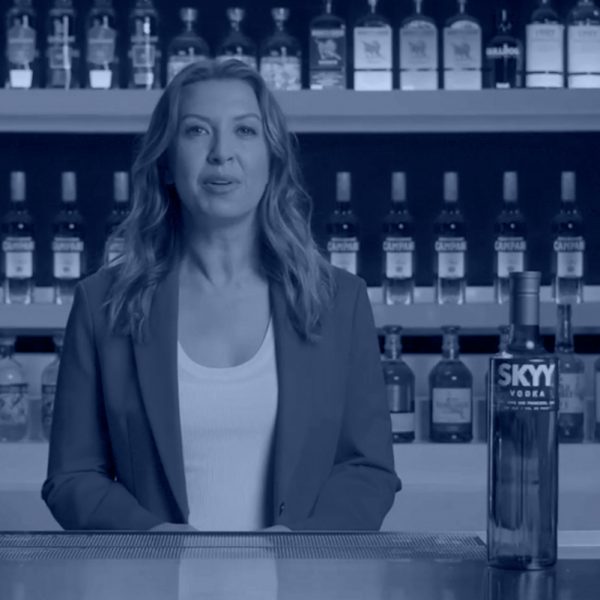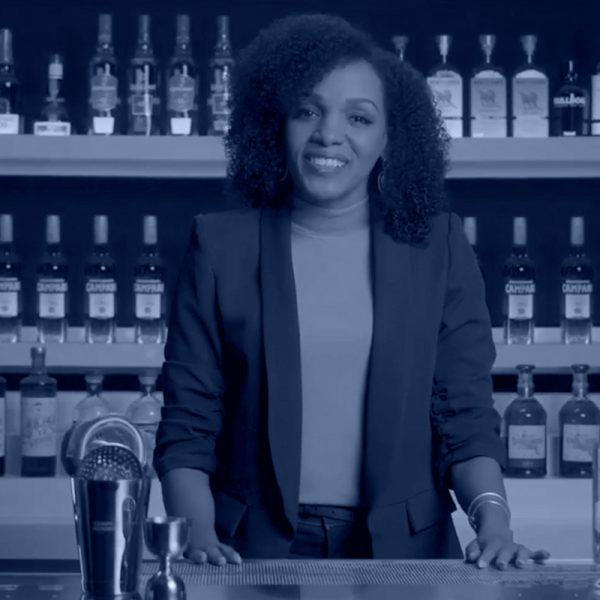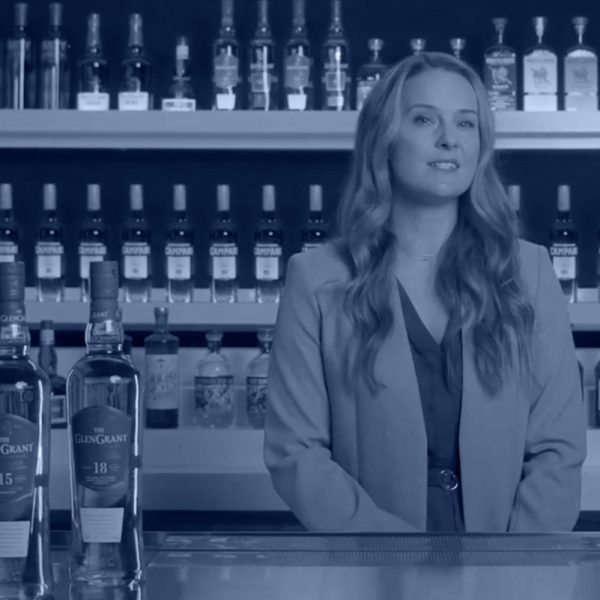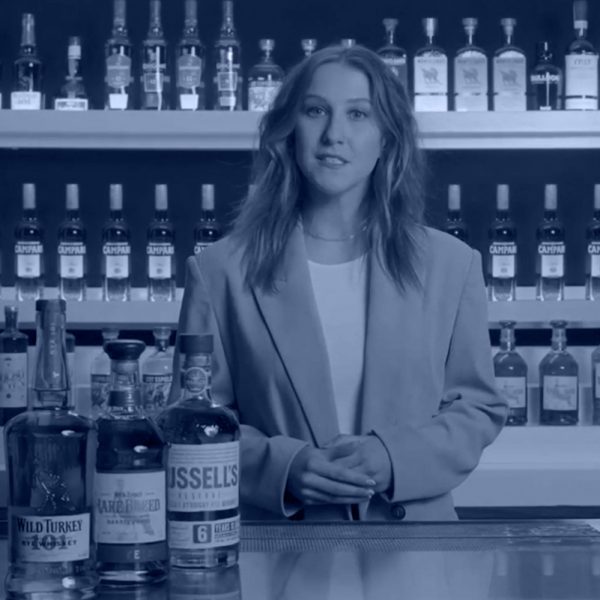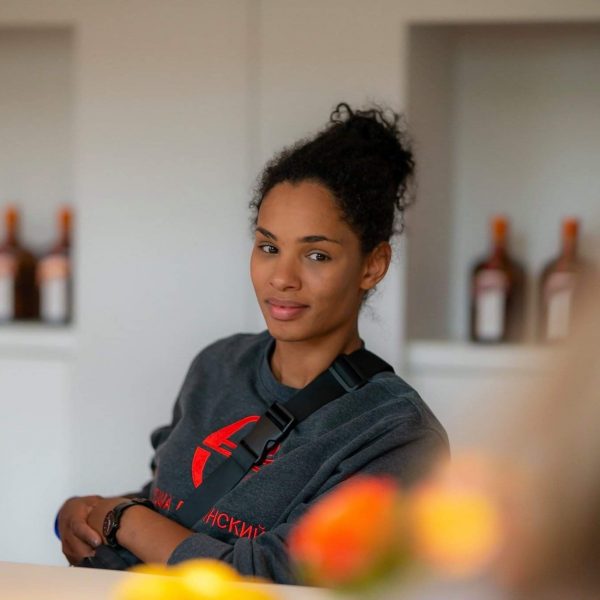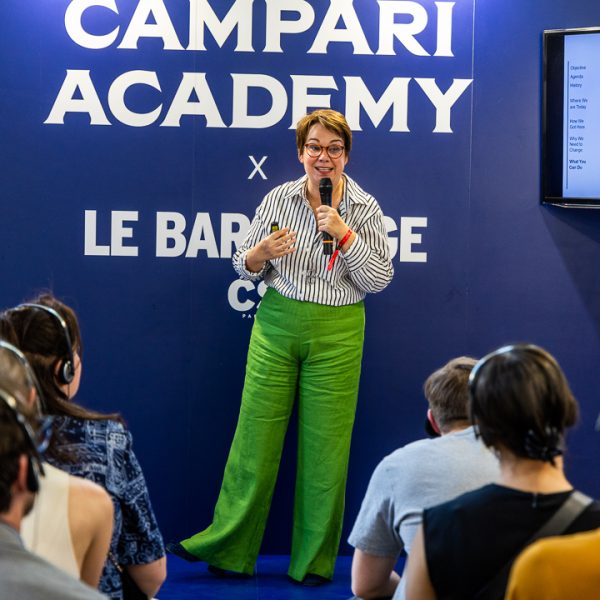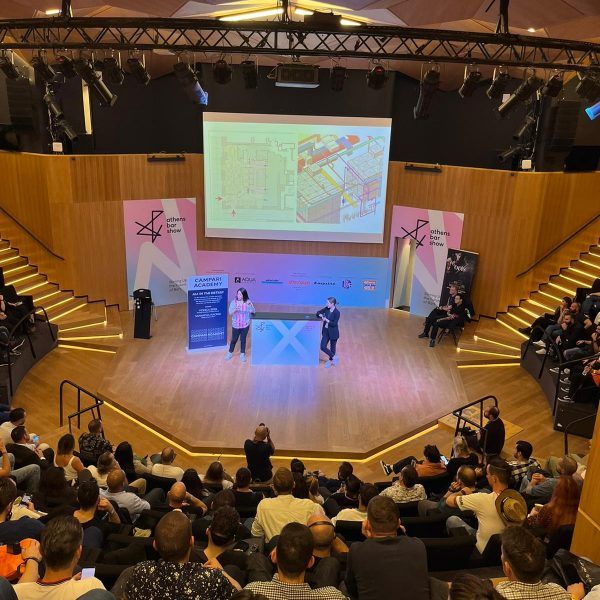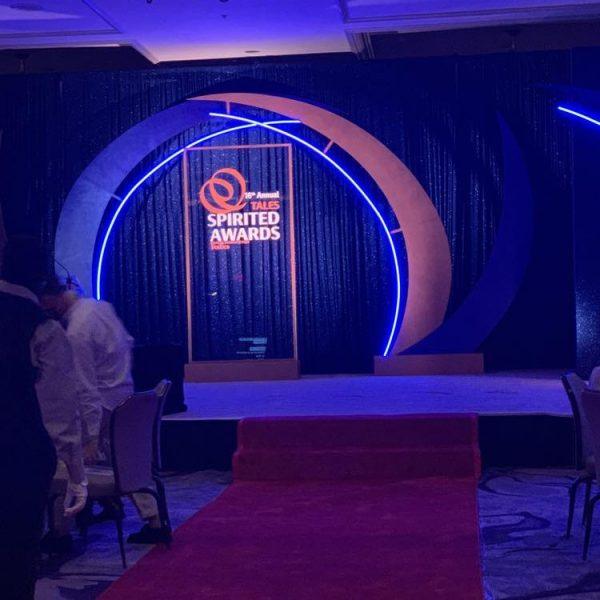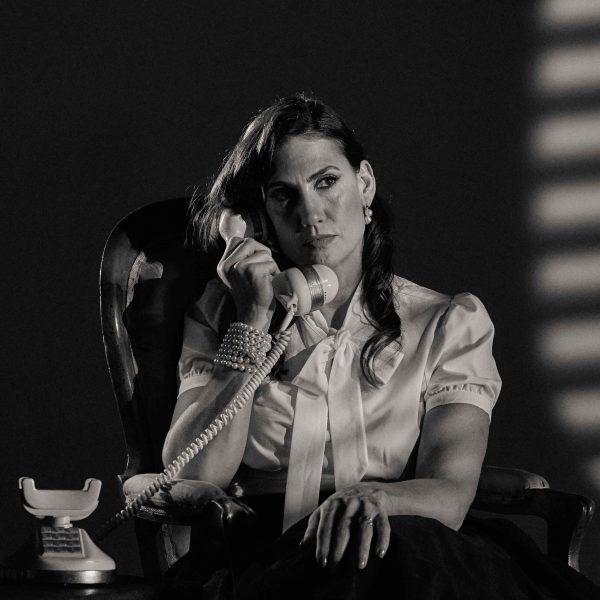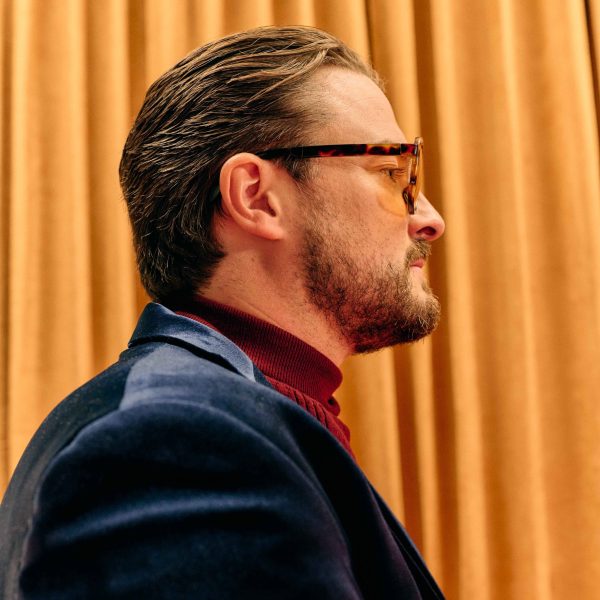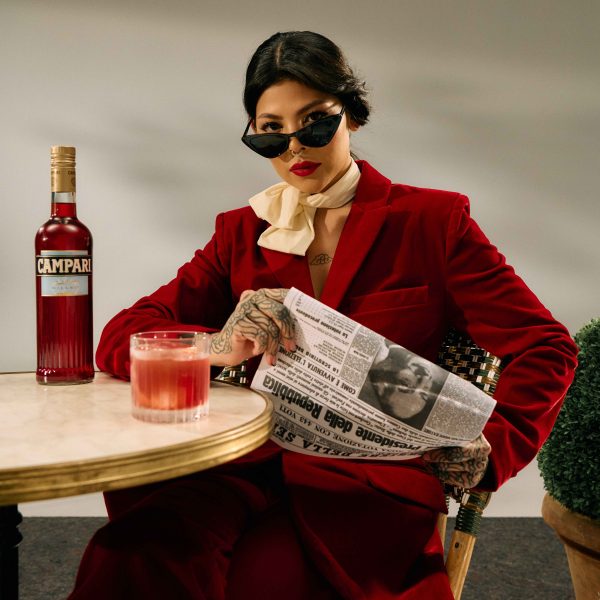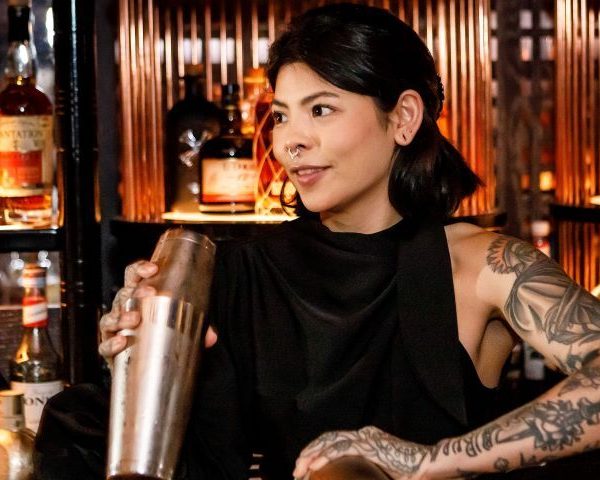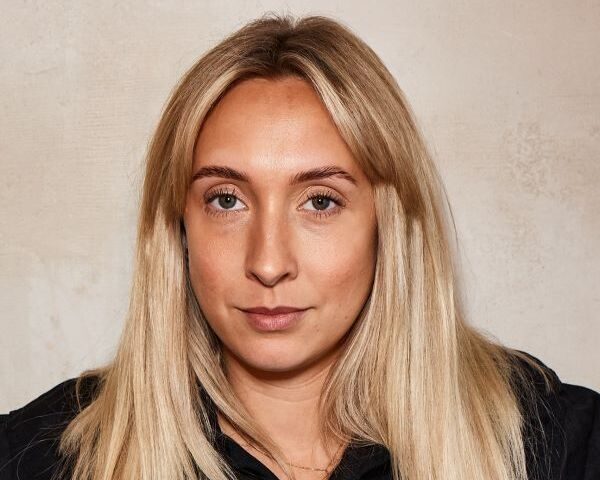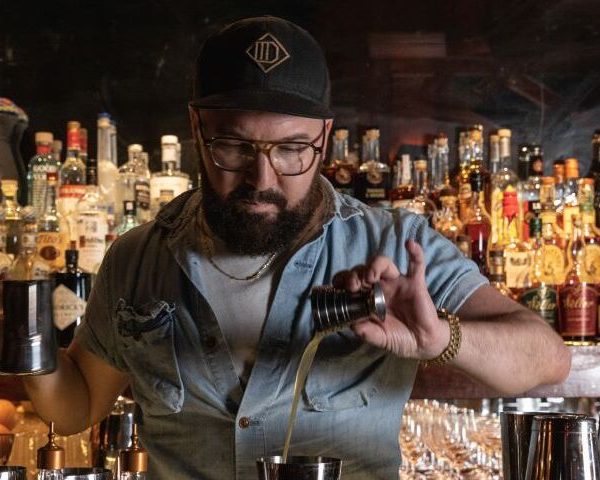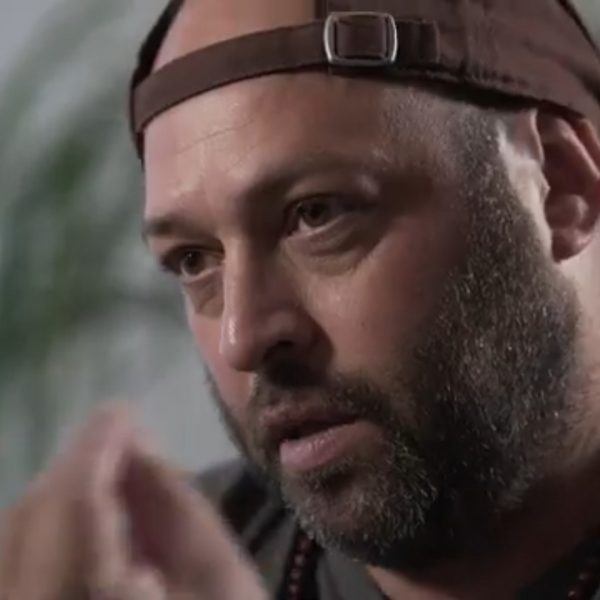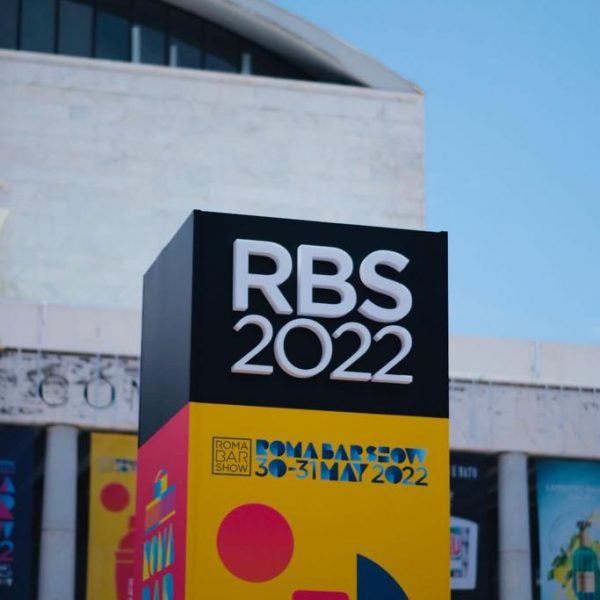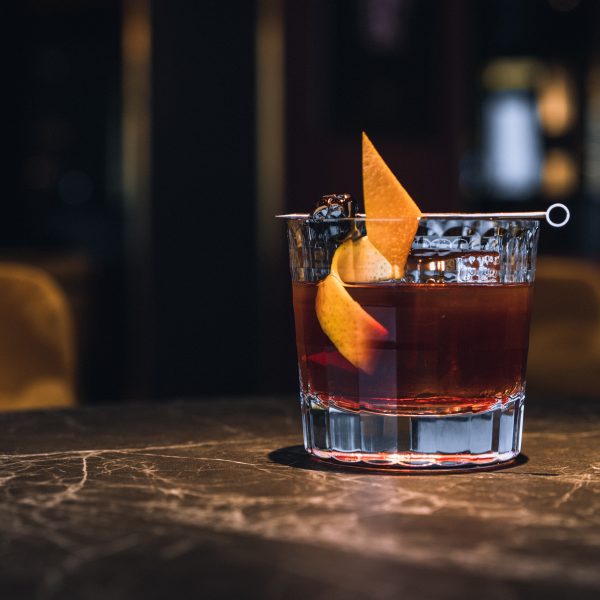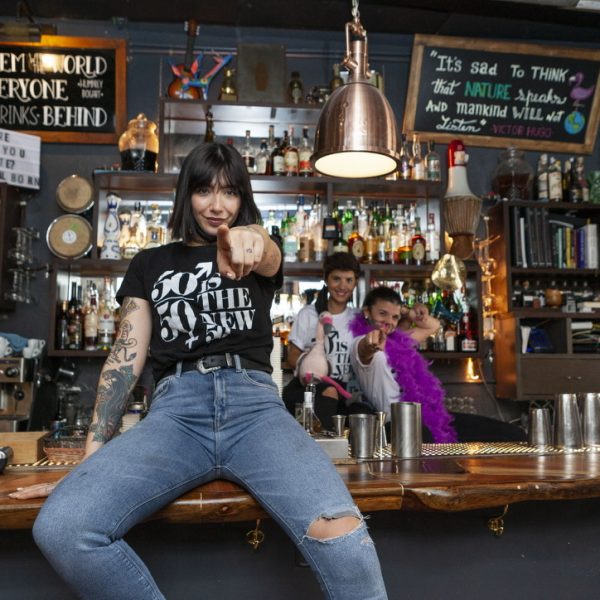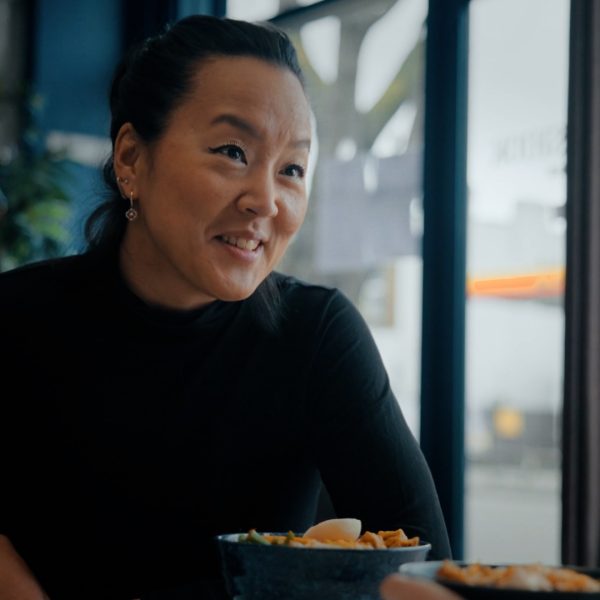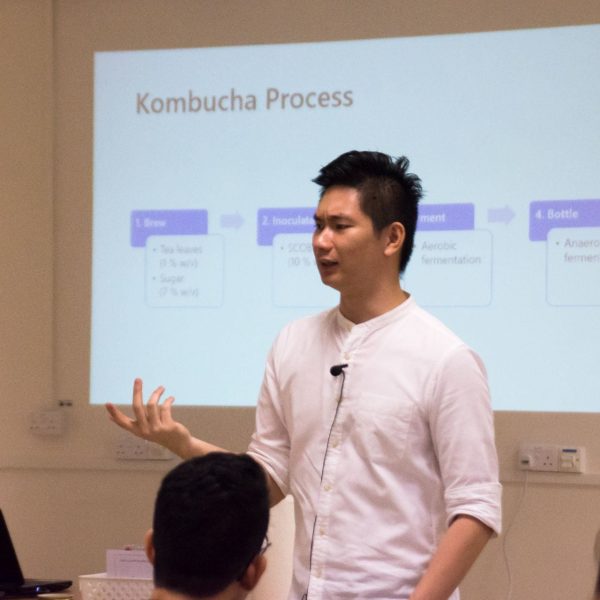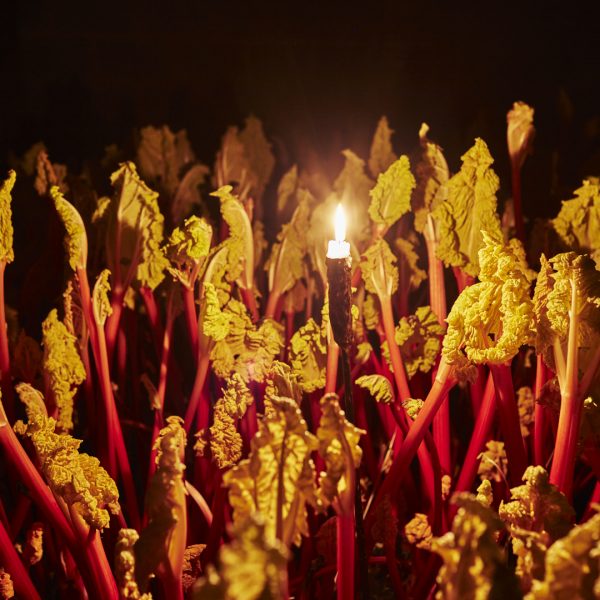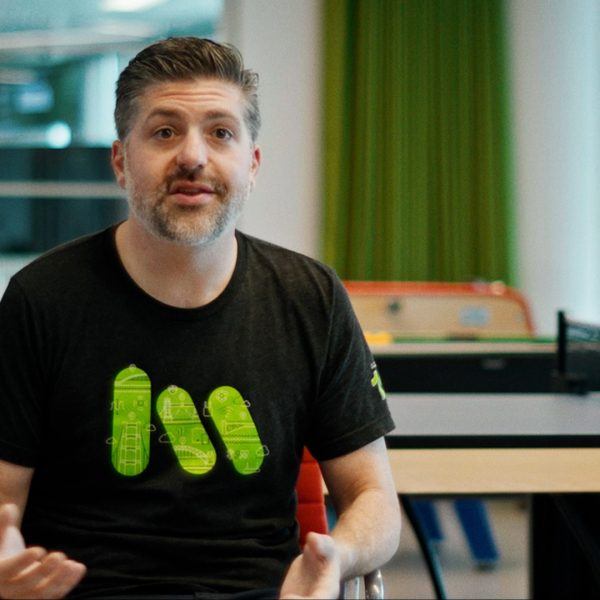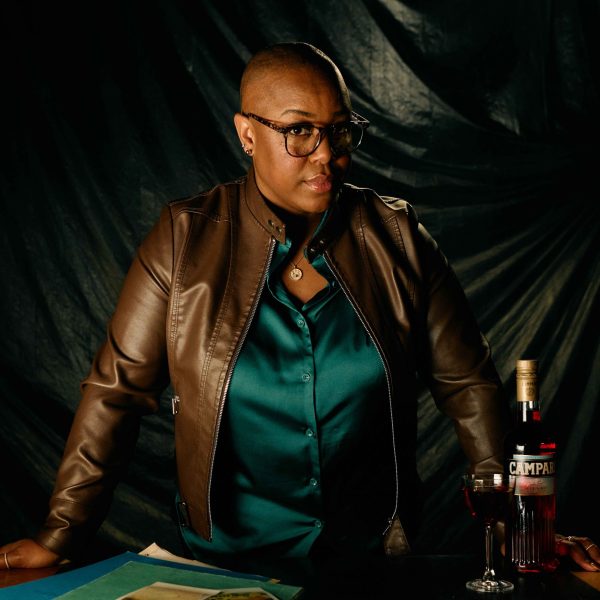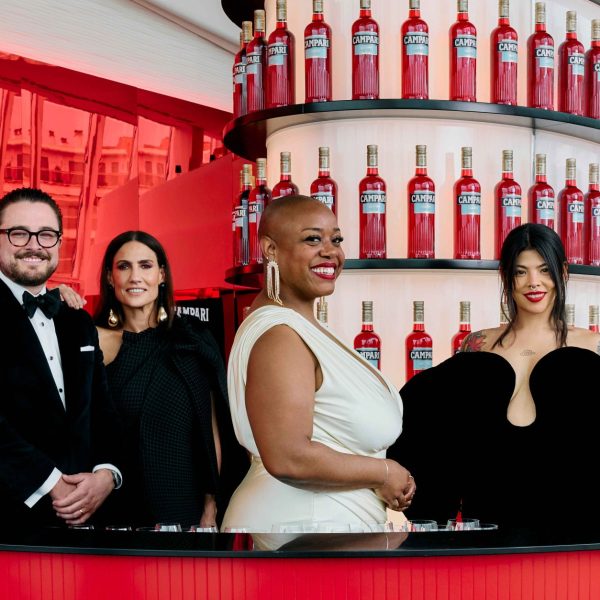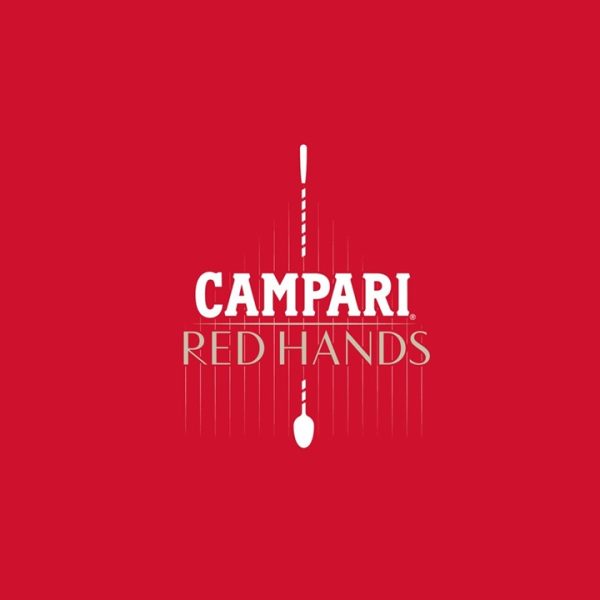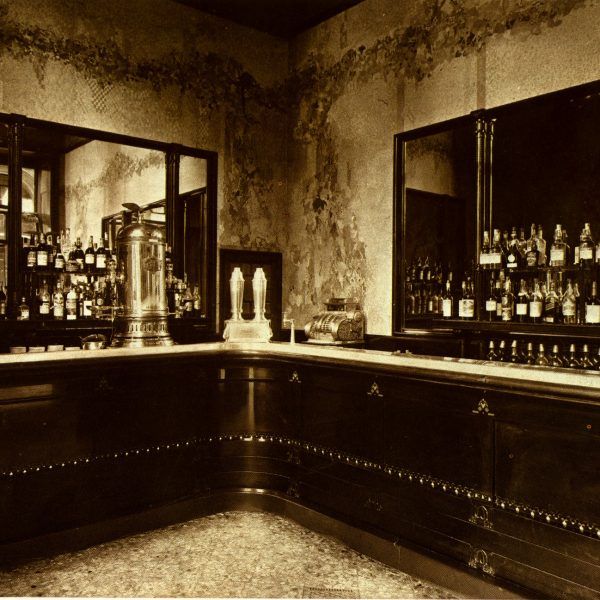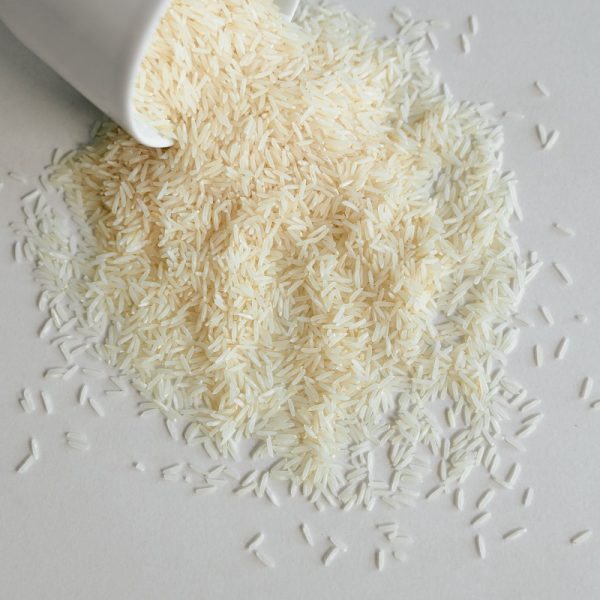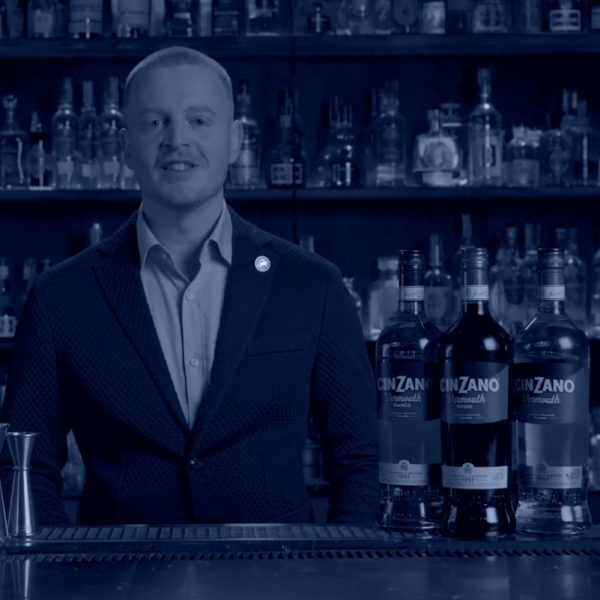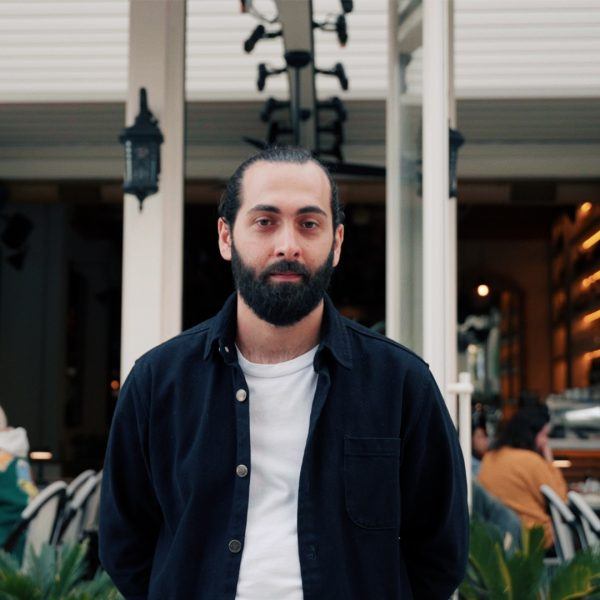Is creativity important? 8 bartenders have their say
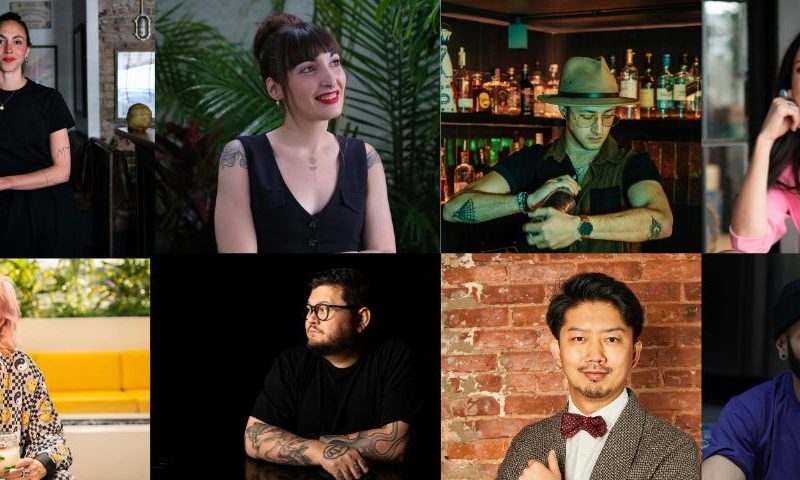
As we launch ‘Unlocking creativity’, the first episode of Perspectives Season 3, we ask eight bartenders from around the world a very simple question: Is creativity important?
“People tend to associate creativity exclusively with artistic disciplines.” Keila Urzaiz de Calignon, bartender at Satan’s Whiskers, London
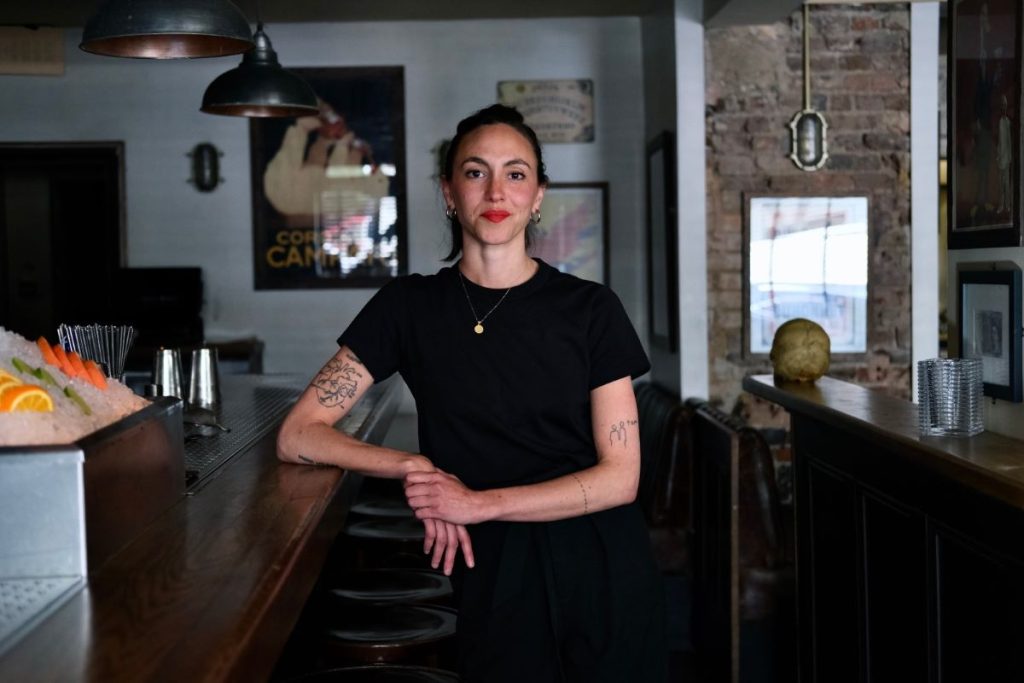
In order to answer this question properly it is crucial to first define what ‘creativity’ means. According to the Oxford English Dictionary, it is: ‘The faculty of being creative, the ability or power to create.’ Furthermore, the word ‘creative’ is defined as: ‘Inventive, imaginative; of, relating to, displaying, using or involving imagination or original ideas as well as routine skill or intellect.’
I find it interesting how although these definitions are ‘field-neutral’, people tend to associate creativity exclusively with artistic disciplines. It is a common misconception that in the sciences or law, for instance, there isn’t room for creativity.
Ultimately, being creative is about problem solving, regardless the ambit; the chances are, you will spend more time copying and reproducing old patterns in your ‘creative’ job than actually finding new solutions and ways to deal with old, new or future problems.
Hospitality requires a huge amount of creativity, but not how necessarily people think: It isn’t only when the launch of a new menu or preparing a one-off cocktail for a guest. Every day brings something new that requires attention and reaction; from dealing with difficult guests, or navigating a shift being understaffed, to a till system going down at the busiest time. You have to improvise and tailor a new solution for every particular problem that arises.
In my opinion, an effective way to judge how good a hospitality professional is, is by observing how they tackle these daily challenges creatively, and so creating an experience that a guest wants to come back to.
“Creativity can be a problem solver.” Jad Ballout, co-owner of Dead End Paradise, Barcelona & Beirut
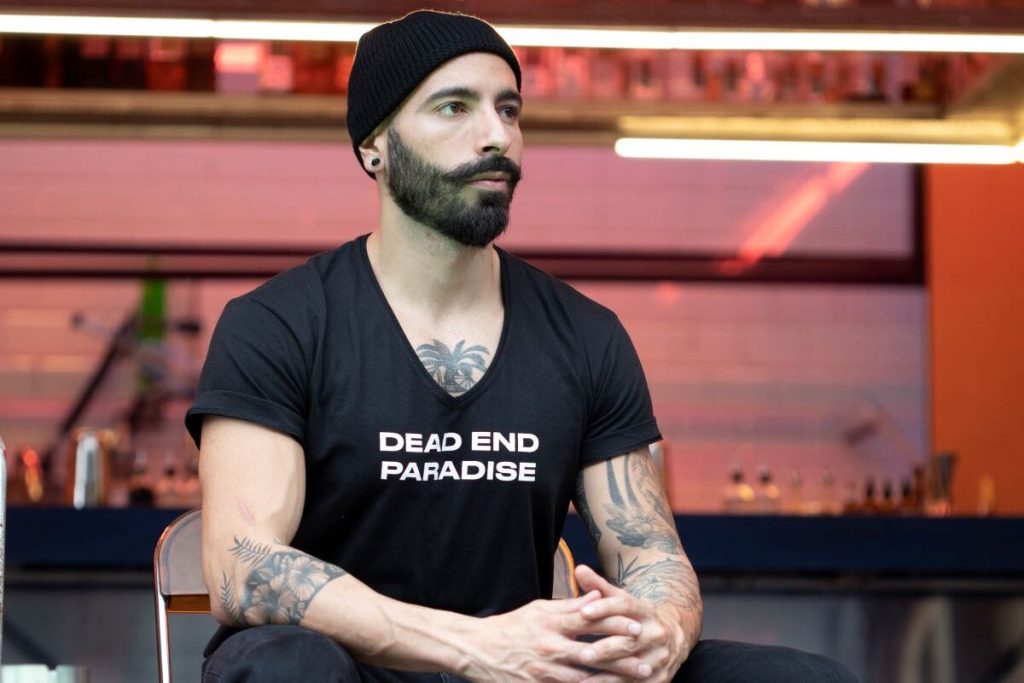
Creativity is undeniably the driving force propelling our industry forward. There is always something new emerging, whether it’s innovative bars, novel drink styles, or fresh techniques. All of these advancements wouldn’t be possible without creative minds in our industry conceptualising avant-garde ideas and showcasing their creativity in their bars and work. Their creative ideas, combined with success, serve as examples and inspiration for other bartenders and bars.
But while creativity plays a significant role in the food and beverage industry, it is not the sole key to success. Creativity needs to be paired with effective management skills for the ultimate combination. Some individuals possess both skills, while others partner with those who complement their strengths. I’ve observed many business models where one person handles all the creative aspects, while another manages the numbers.
From the consumers’ perspective, creativity is what keeps them excited, prompting them to explore unique experiences they haven’t encountered before. Creativity can also function as a problem solver. Many times, when faced with challenges, getting creative becomes essential to finding solutions, and this process is both beautiful and consistently effective.
“We need to pull inspiration from other interests.” Kelsey Ramage, director of Trash Collective, Toronto
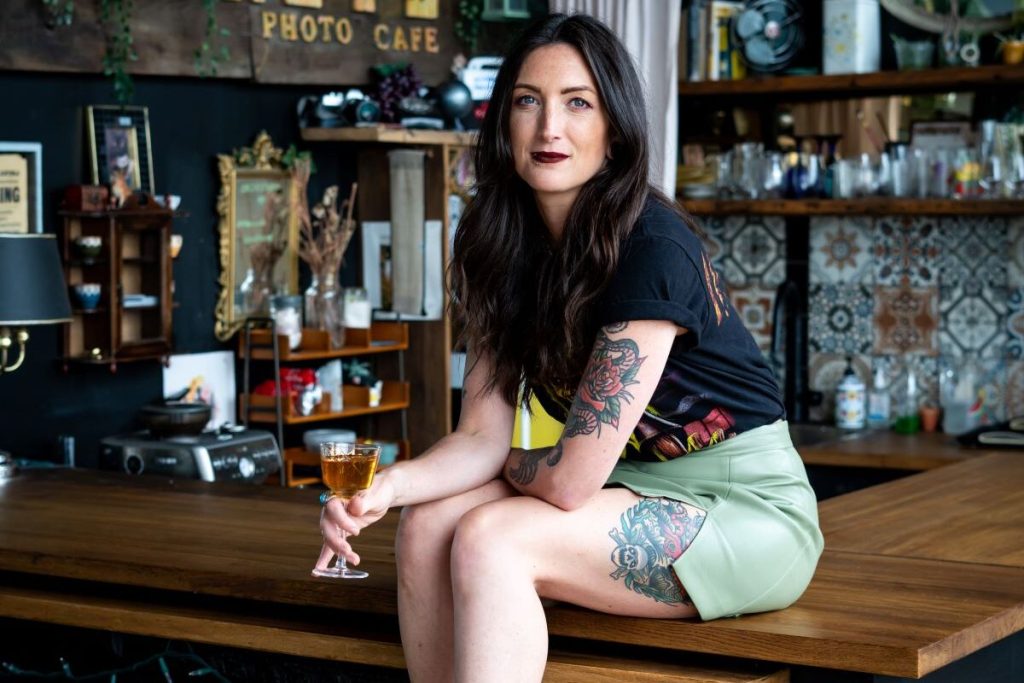
The closest form of creativity that blends form and function, to my mind, is architecture. Give a bunch of bartenders a building to design however, and my belief is that we’d all be buried under the rubble on the first night, or at best, emerge wildly hungover.
That aside, similar to the way a truly entertaining bartender can speak to folks about subjects outside of, well, bartending, is that we love and need to pull inspiration from other interests. If chefs can pull inspiration from other forms of art, so can we.
The best part of creating drinks, for me, is diving into a Wikipedia black hole and emerging at 4am having completely researched the entire lifespan of a bee (for example); or finding myself completely immersed in nature and wanting, somehow, to bring that experience back to the bar.
The greatest part is the inspiration and at the end of the day, a good drink is a good goddamn drink, wherever its origins might have come from. Maybe the true fun in cocktails is that they are unnecessary, but serve the function of a momentary escape from our reality: to focus on their flavour and complexity for a brief moment, much in the same way art brings us to another place and time.
“Without creativity, there’s no evolution .” JJ Hendricks, bartender at Fable, Cape Town
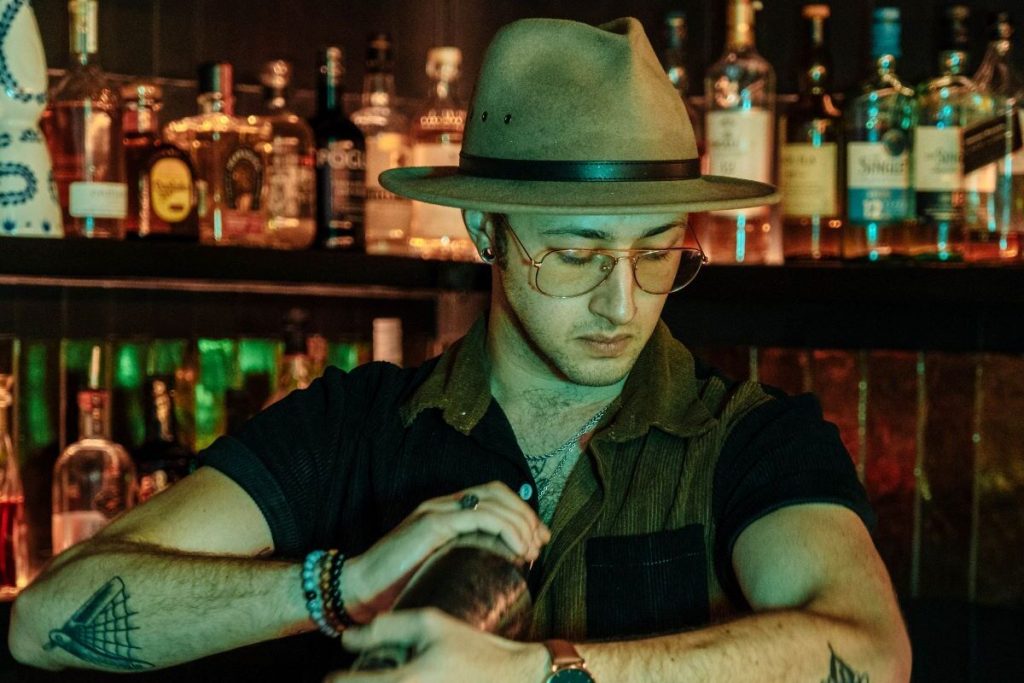
The significance of creativity lies in its ability to push us past established norms, forcing us to create new paths and embrace our individuality. As bartenders, we assume the roles of artists and problem solvers, combining our craft with creativity and innovation at every turn. With this, we transform everyday classics into unique and interesting creations: without creativity, there’s no evolution.
I work at a bar where creativity, both visually and within our recipes, becomes our guiding force. The realm of creativity extends beyond the craft of mixing drinks. During bar prep, we test and experiment by trying alternative methods, and by thinking creatively, we can find ways to be more efficient or produce better ingredients. In the setup of the bar, we find inventive ways to ensure speed, cleanliness, and maximise output. We think outside the box when dealing with waste and excess produce to either extend shelf life or create new and inventive ingredients and garnishes, which increases both sustainability and profit within a bar.
The creative process is ever-evolving, all-encompassing, and at times fickle. Moreover, the multi-faceted nature of creativity plays an important role in every aspect of our profession, ensuring that our efforts are memorable and resonate with a diverse audience.
“Creativity is always present as a tool.” Esther Merino, freelancer in fermentation, drinks development, academic collaborations and events, San Sebastian
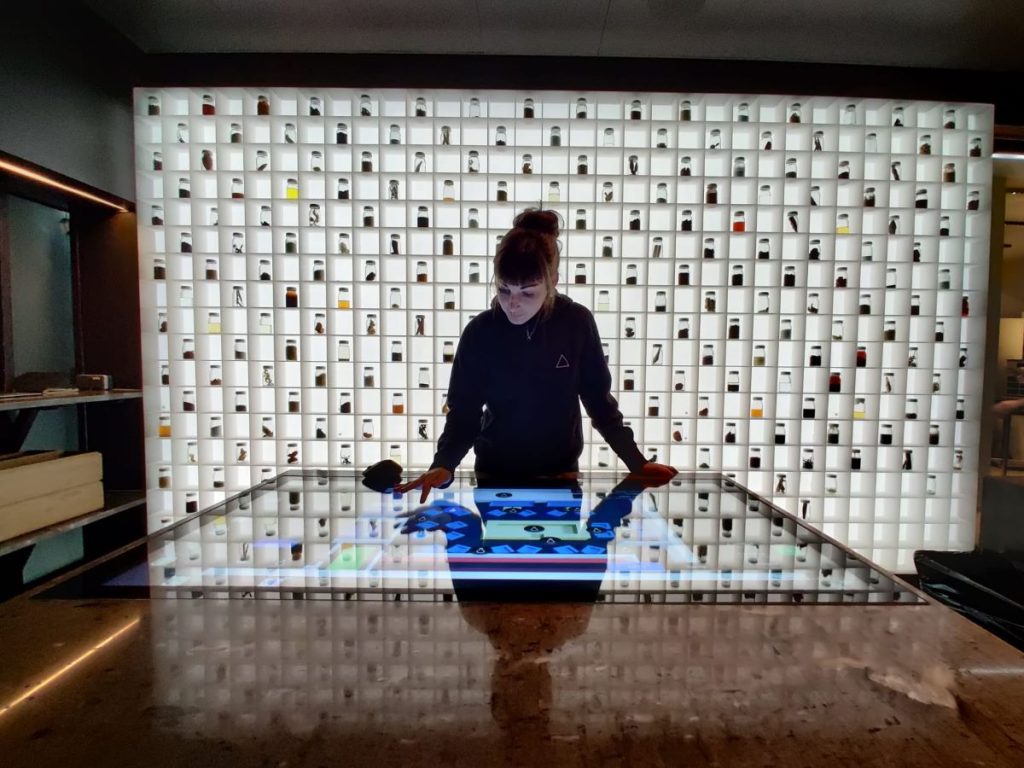
I deeply believe that creativity is indispensable in the gastronomic realm. Gastronomy is one of the most multidisciplinary and complex disciplines. It serves as a nexus where biology, physics, chemistry, and social sciences converge. Because off this complexity, the array of possibilities and approaches to gastronomy through creativity are natural and organic, becoming limitless.
As bartenders or mixologists, creativity is always present as a tool for us. Our daily activities are a delicate dance; not only in crafting drinks but also in navigating the world of humans and hospitality.
Fortunately, creativity is evolving in various dimensions across our daily activities, extending beyond the art of drink creation to the thoughtful design of customer experiences.
We witness creativity flourishing in the care of our team members, as we strive to foster a positive and supportive work environment. Moreover, it manifests in our commitment to different dimensions of sustainability, shaping our practices with awareness and enhancing our job and profession.
I believe that creativity, especially through transdisciplinary lenses, is making this path limitless and incredibly fulfilling. Our journey as bartenders and mixologists is a testament to the transformative power of creativity. It’s an ever-expanding canvas, allowing us to paint with innovation and imagination across experiences within the hospitality industry.
“I love finding inspiration through other peoples’ creativity.” Christine Wiseman, global beverage director at Bar Lab, Miami
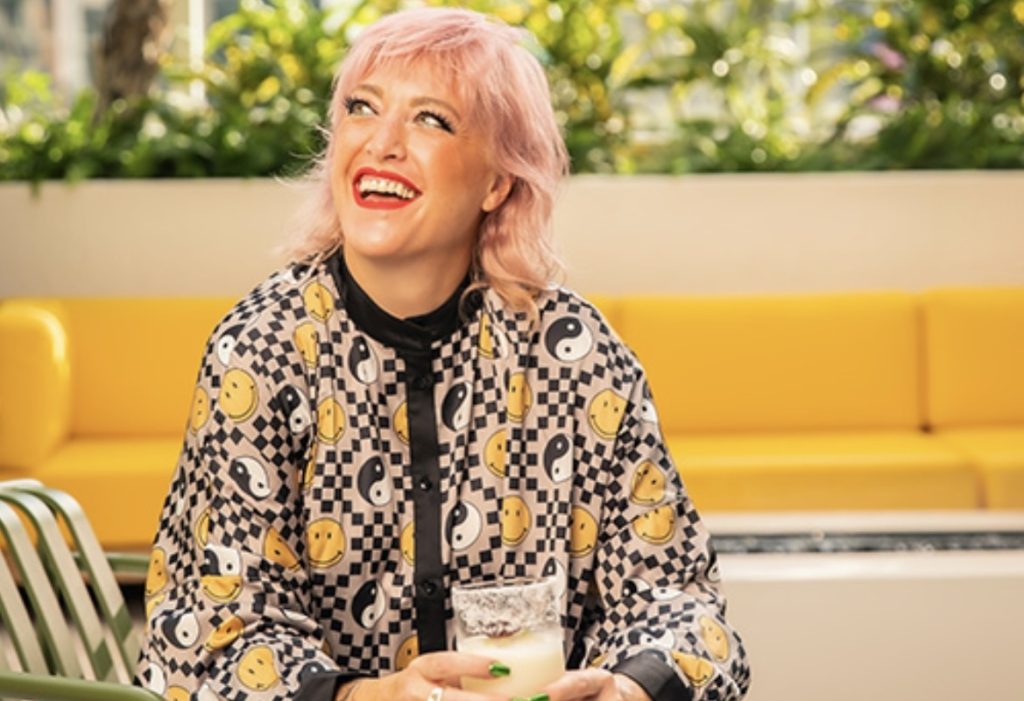
Our whole industry is based around creativity. We see how it unfolds daily by each new bar that opens, when someone creates a new menu and what it means to them. The possibilities are limitless when it comes to what we can achieve.
I begin my creative process very intentionally. Depending on the weather, I will head to the beach and have a 15- to 30-min meditation. I like to quiet the noise and calm the bajillion thoughts that are cruising through my brain. I use that to gain access to different parts of my it: dishes I’ve had, colours, glassware, smells, garnishes. Sometimes I have seen in my mind what the final cocktail looks like and work backwards to make it a reality.
Then I begin laying out flavours that are exciting and cool to me; styles of cocktails (to make sure the menu is balanced); spirits I want to use and begin to piece together the cocktails. I love going to different specialty markets and finding inspiration through their ingredients and other peoples’ creativity.
Over the years, my creativity has changed as well. I used to make drinks that only I liked. Once I removed ego from the process I began to understand and listen to what our guests that frequent our bars actually wanted. More recently, a big realm of thinking about being creative is by the way I dress, or jewellery, through shoes and my nails.
“My confidence with creativity has increased with experience.” Takuma Watanabe, co-founder of Martiny’s, NYC
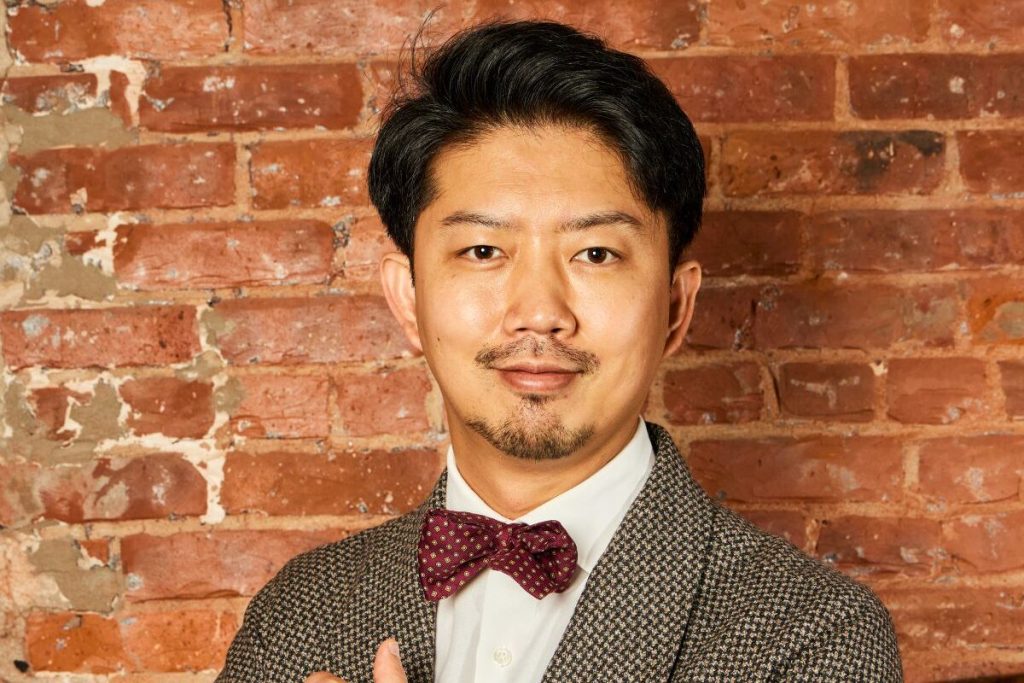
Creativity is very important. Without creativity and innovation, the bar scene would not be where it is today. Of course, you have to have knowledge of the classic cocktails and the components that make them balanced before you can tap into your creativity. Once you’ve mastered the basics, creativity plays a vital role in making interesting and delicious cocktails.
My confidence with creativity has increased with experience; 20 years ago, I wouldn’t feel comfortable with some of the techniques I’m doing today, like fat-washing and clarification. It is important to be creative so we can teach the younger generations of bartenders to stay excited about cocktails. Exploring new flavour combinations and techniques keeps me excited about what I’m putting on my menu and keeps the guests knowing they can always find something new and exciting on our menu.
When training my team, it’s hard to train someone or teach someone creativity, but my team is passionate about their craft and I feel confident that they’re equipped to explore their creativity when given the opportunity.
While creativity is very important, I think that being passionate and focused on honing your bartending skills and techniques are the most important characteristics to have.
“Creativity signifies challenge and disruption.” Thiago Banares, founder of Tan Tan Group, Sao Paolo
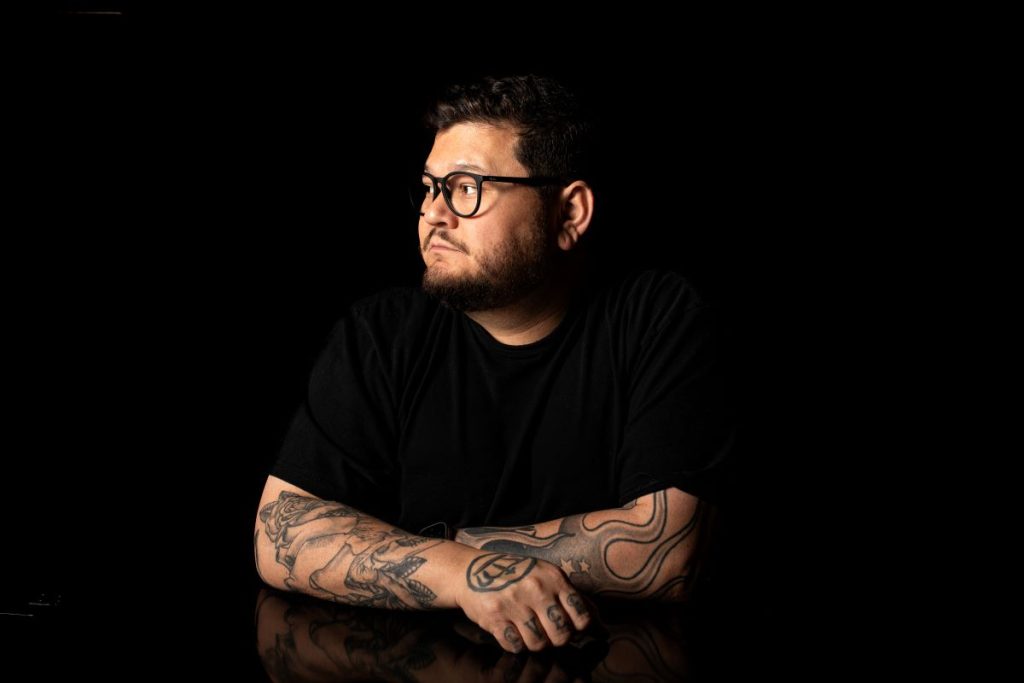
Creativity is not only important, but essential for both bartenders and the bar industry. It is a vital element and a necessary path for innovation, enhancement of concepts, techniques, and experiences.
For me, the word ‘creativity’ signifies challenge and disruption. It’s a word that evokes the feeling of stepping out of one’s comfort zone and challenging oneself, leading us to search for a purpose that goes beyond the commercial relationship within the industry.
In my establishments, creativity is the most important tool for creating smart solutions on how to optimise processes so that bartenders can be more agile in preparing cocktails, and spend more time talking with customers and connecting with them.
In my creative process, I heavily utilise my background as a chef to bring concepts from the kitchen into the form of cocktails. I have always sought to offer a menu that has existing concepts but with innovative proposals because I have always found it more interesting to impact customers by showing them something familiar but from a new perspective.
The ability to reinvent oneself and adapt to new trends is essential, and creativity is the engine of this adaptation. In a world where experiences are valued as much as products, creative bars establish prominent positions, offering not just drinks but unique experiences that captivate and enchant customers.

